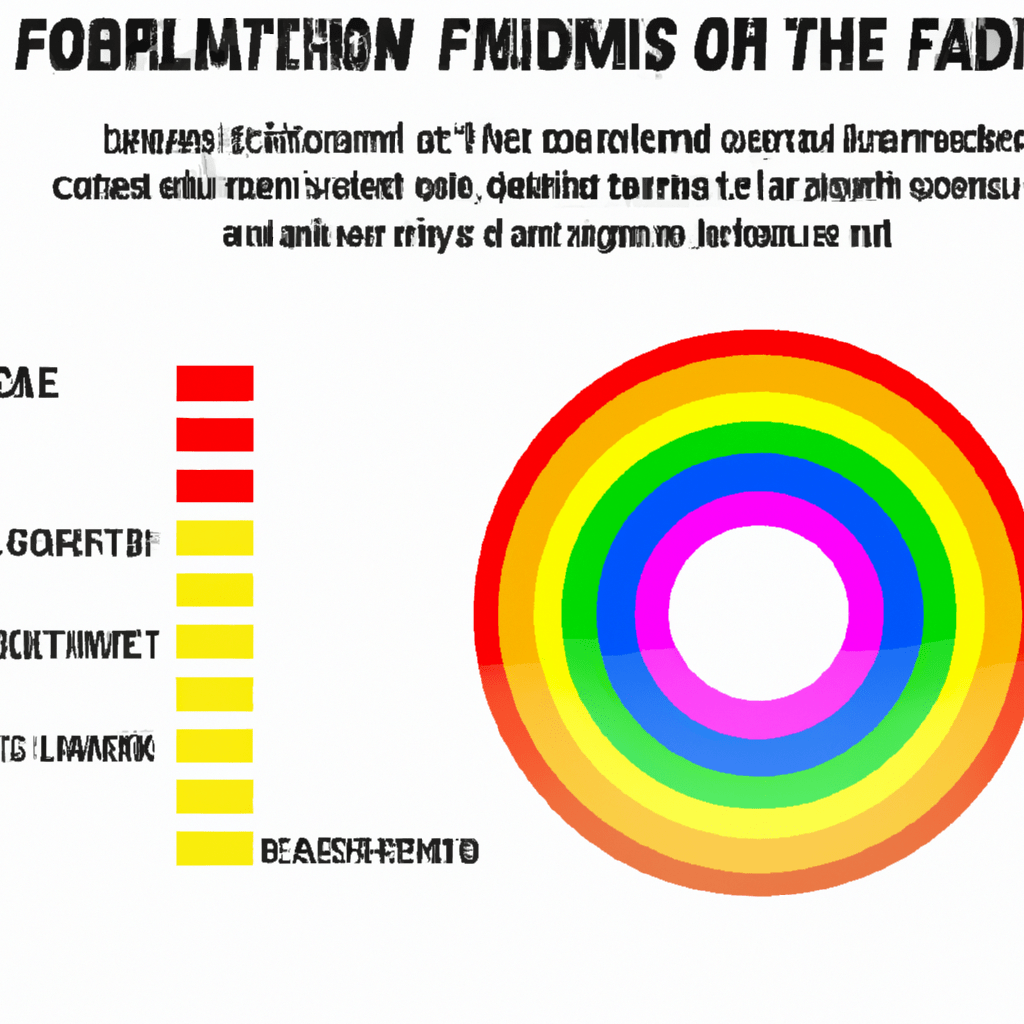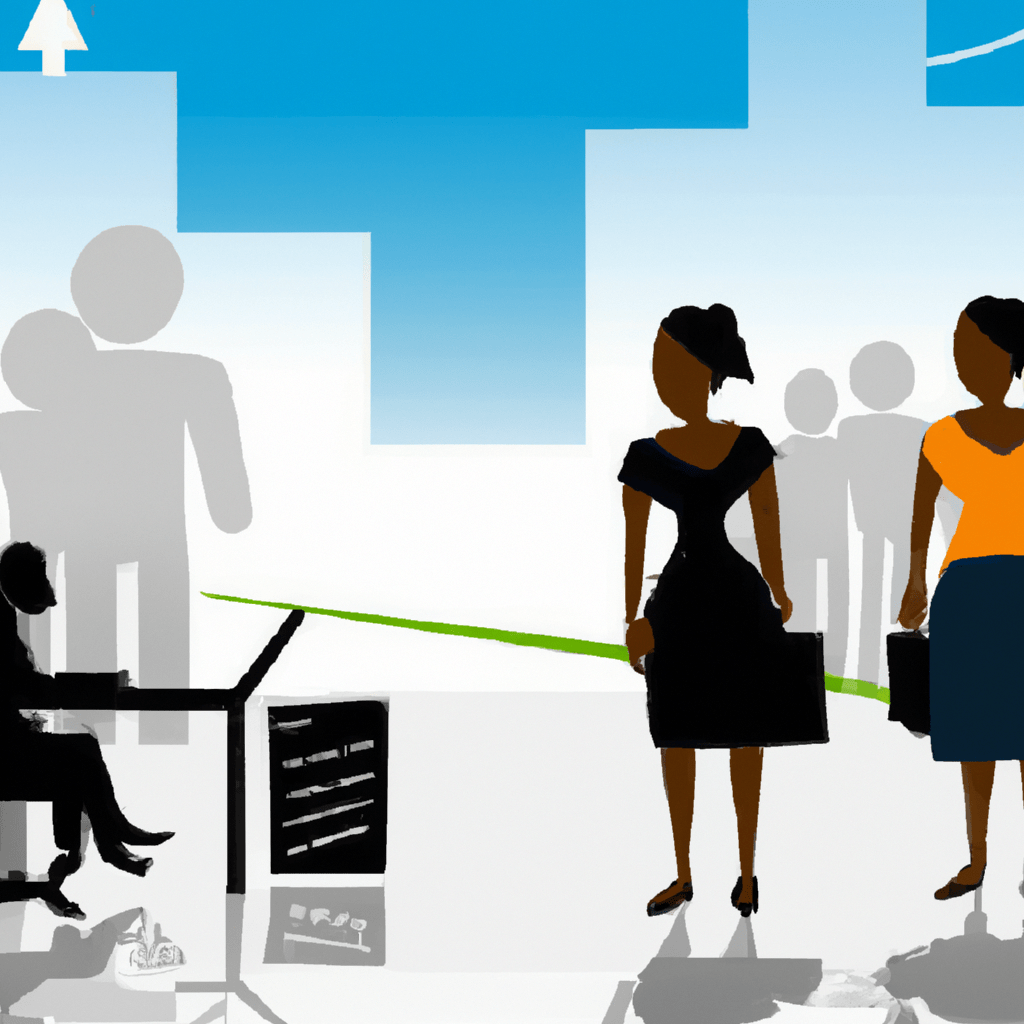Strategies for addressing discrimination

Strategies for addressing discrimination involve taking proactive steps to promote equality and fairness while challenging biased attitudes and behaviors. Education plays a crucial role, with initiatives focusing on raising awareness about different forms of discrimination, their impact, and ways to combat them effectively. Implementing inclusive policies and practices within institutions and organizations is key to fostering a discrimination-free environment. Encouraging open dialogue and creating safe spaces for honest discussions about privilege, bias, and discrimination also helps to promote understanding and empathy. Collaboration with community leaders, advocacy groups, and marginalized communities is essential for developing comprehensive solutions that address discrimination at both systemic and individual levels.
Read more
discrimination and marginalization

Discrimination and marginalization are pervasive issues that plague societies worldwide. They refer to the unfair treatment and exclusion experienced by individuals or groups based on their race, ethnicity, gender, sexual orientation, religion, or socio-economic status. Discrimination can take various forms, such as unequal access to opportunities, denial of basic rights, or stigmatization. Marginalization occurs when certain groups are pushed to the edges of society, rendering them voiceless and powerless. These practices not only violate human rights but also hinder social progress and perpetuate inequality. Addressing discrimination and marginalization requires collective efforts, including awareness-raising, policy reforms, and fostering inclusive communities.
Read more


















